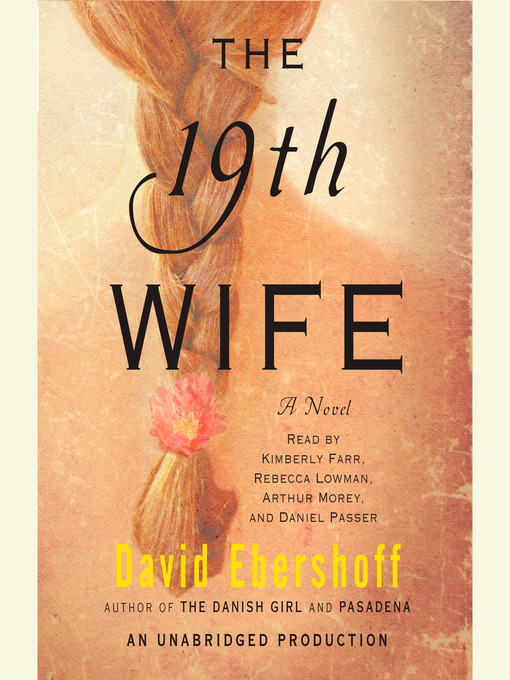The book is about an ex-marine who walks across country to find a woman. This woman is special to him because she is in a lucky photograph he found in Iraq. The biggest conflict of the book is the woman's ex husband who unreasonably does not want her to date anyone else.
It was pretty enchanting. The ending was very powerful, jumping off of the page like a movie. The ending conflicted greatly with the robotic movements and flat dialog that plagued the rest of the book. It is as as if he wrote a rough draft of the book, then did a second draft of the last two chapters, then published it.
I'm probably not the first to say that the conflict is flimsy. I will give Sparks some credit though, he certainly gives the exhausting and petty aspects of relationships the gravity that bored housewives probably want. I mean, I don't care about ex-husbands and I think Beth and Logan could have told Clayton to piss off from the beginning and live the rest of their lives in peace, but then again, I have never lived that life and I don't know how stressful that stuff can be.
I had one odd moment while reading this book. I thought "it is all a conspiracy". Sparks isn't a person, he is a program that distills field interviews from the target audience. In this case, it wrote a book that panders to single mothers who feel marginalized by their ex-husbands. What they want is to get love unconditionally without having to work for it. Preferably love will fit right into her life without her having to change anything, maybe he will work in the family business and not have any friends or family for her to deal with. Yup, Logan made a grand gesture of love before he even knew her. She doesn't have to feel good enough to deserve it, she just has to be the person in his photograph. It just seemed too perfect.
And he listened to her vent about her problems without judging her, interrupting her, or even trying to fix her. Sparks made a big point about that.
In Roger Ebert's review of the movie he writes
I've seen him in interviews where he's better-looking than some of his leading men and comes across as sincere. I think he really does believe in his stories, and I think readers sense that.I bet Ebert got the pandering feeling that compelled him to write this.
But it was enchanting nonetheless. Maybe robots will write all our books, and we'll be better for it.
Other Notes:
- I sensed this with the late Michael Crichton's work near the end of his career, namely Prey. Editors get insecure and don't push enough when the authors get too famous. The authors just assume that everyone will love the book and it will be turned into a movie. All this causes the books to sound like screenplays. Scenes get grander (with more water) and only actions are described. The author abandons point of view all together.
- One plot hole: When everyone is rushing to save the son, how did Clayton know that the tree house was dangerous? He wasn't involved in that at all. Him running out to help was also uncharacteristic.
- I grew uncomfortable when everyone started calling Clayton simply "the ex". I doubt everyone in the entire town would call him that. It showed me that he didn't have voices ironed out. I just don't think Nana would call him that.
- the cliffhanger being resolved in the epilogue was cute, I liked that.
- This is the first review where I didn't spoil the ending. let me know if you want to know what happened.
-




